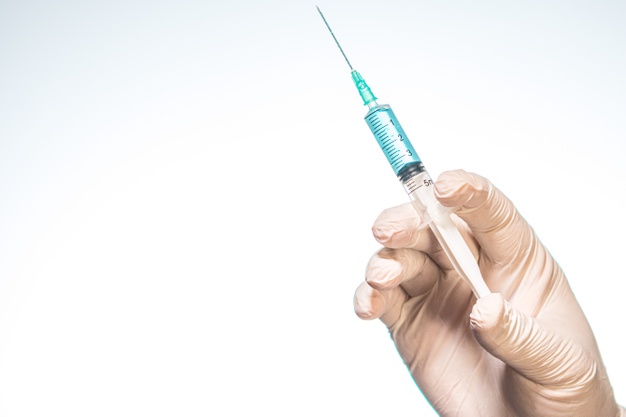HCG is human chorionic gonadotropin hormone used for different reasons in women and men. It is used in combination with other fertility drugs to increase women’s chance of pregnancy. On the other hand, in men and adolescents, medicine helps testosterone hormone and sperm production. The shots are also effective in male children with cryptorchidism, a specific birth problem of the testes. The injections can be sued for other purposes as well, ask your doctor if you have questions related to the usage of HCG injections.
Before you begin HCG treatment, your health care specialist should know if you have certain medical conditions such as asthma, migraine, heart disease, kidney disorder, seizures, cyst on the ovary, ovarian cancer, prostate cancer, am usual or allergic reaction to HCG, Also, you should tell your doctor if you are pregnant to breastfeeding.
HCG is injected into a muscle, or it may be given under the skin instead. Discuss with your doctor which way is right for you. Your doctor will tell you how to make and use this medicine. It is extremely important to follow your doctor’s instructions. Use it at regular intervals as directed. Make sure you do not miss a dose of HCG. For women receiving HCG for fertility treatment, it is especially important not to miss a dose, as this fertility treatment’s success depends on proper and regular use of this medication. Speak to your doctor if you are unable to keep an appointment. If you are using it own, do not double or use extra to compensate for the missed dose. Talk to your doctor if you have questions.
Herbal or dietary supplements may interact with HCG. This information guide may not include all possible interactions. Let your doctor know of all your medicines, including herbs, dietary supplements, non-prescription drugs you use. Also, inform him/her if you smoke, drink alcohol or consume illegal drugs. Some of these items may interact and may reduce your medicine’s effect. If you are a woman receiving HCG for fertility treatment, your doctor will closely monitor your several tests, including blood tests, urine samples, or ultrasounds may be performed to monitor your condition. If you think you have conceived, speak to your doctor. Discuss with your doctor about limiting alcohol intake and decreasing tobacco use during fertility treatment.
Unlike other female hormones like progesterone and estrogen, HCG is not always there hanging out in your body in fluctuating amount. It only made by the cells in a placenta, so it is crucial for pregnancy. This hormone signals your body to produce more progesterone to support and maintain pregnancy. If it has been a couple of weeks since you underwent your ovulation cycle and now you are pregnant, it is possible to detect HCG in your urine and blood.
HCG for female fertility
The most common FDA approved HCG use in an injectable form to treat infertility in women. If you have trouble conceiving, your gynaecologist may recommend HCG combined with other fertility drugs to boost fertility. HCH is similar to luteinizing hormone (LH), which is released by the pituitary gland that stimulates ovulation, In some women, the problem lies in the production of LH; women have trouble producing LH, and since it helps in ovulation, it is necessary for pregnancy, HCG can help out here. During in vitro fertilization (IVF), you may be prescribed HCG to increase your body’s chances of conceiving or keeping a baby. You will typically prescribe 5000, to 10000 units of HCG to inject on scheduled timing as prescribed by your doctor. You will get your answer if you talk to your doctor.
It is important to note that while HCG can help you conceive, it can harm your baby. So, do not use HCG injections if you know you are pregnant and notify your doctor straight away if you get pregnant during the treatment.
Also Read: The Truth About HCG Injections




